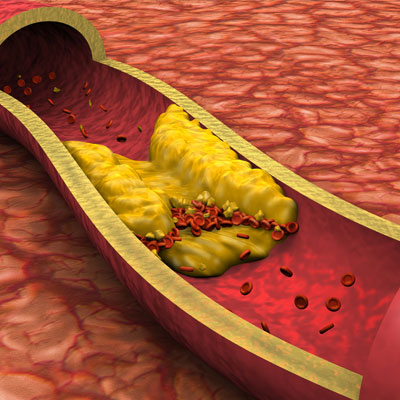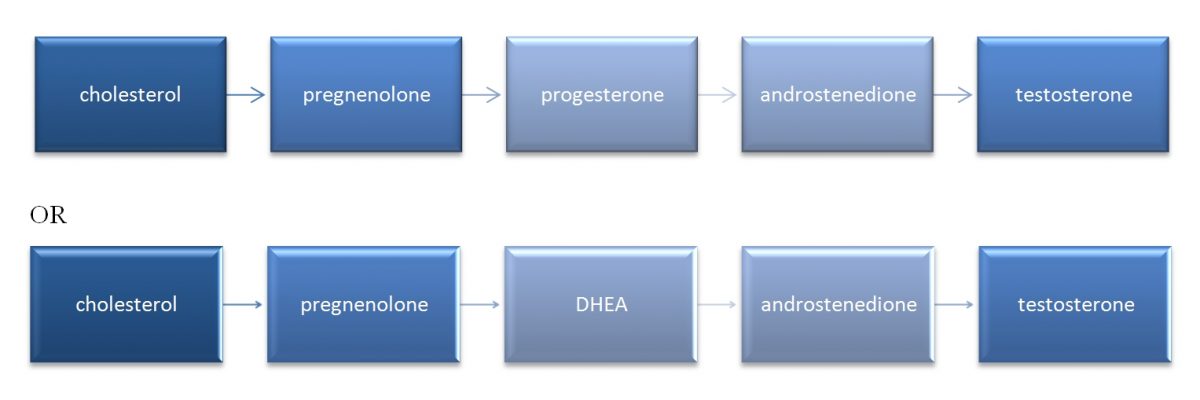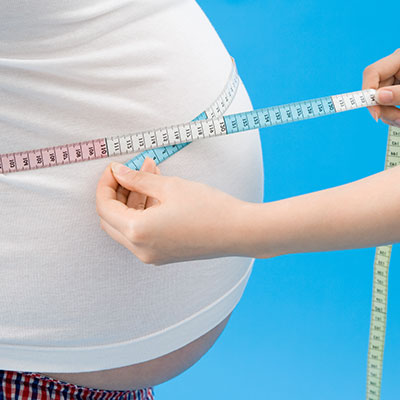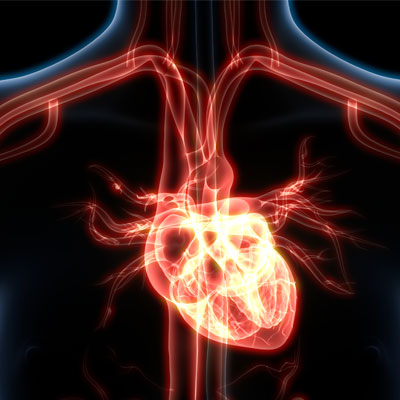Does Taking Testosterone Raise Cholesterol
Contents
- Is It True That Testosterone Is Made from Cholesterol?
- How is testosterone made from cholesterol?
- Does taking testosterone raise cholesterol or interfere with either process above?
- What Is the Impact of Testosterone on Cholesterol Levels?
- Does taking testosterone raise cholesterol or lower it when it comes to LDL-C?
- Will Taking Testosterone Lower or Increase Cholesterol?
- Why does supplemental testosterone increase cholesterol HDL but lower LDL levels?

A definitive testosterone cholesterol test is not the answer as it does not exist. Yes, doctors can measure testosterone blood levels as well as total, HDL, and LDL cholesterol levels as well as Trusted sourceMayo ClinicTriglycerides: Why do they matter?Go to sourcetriglycerides . However, any changes from before to after the use of testosterone will be subjective to that person – and not an indicator of what everyone can expect.
What we do know is this – testosterone therapy and cholesterol levels are in a tight relationship. Cholesterol exerts a direct influence on testosterone production in the body. Testosterone therapy helps replace what the body cannot produce if testosterone levels become too low. If imbalanced cholesterol levels cannot synthesize into the required hormones, testosterone secretion will decline.
Cholesterol is crucial for testosterone production, however, the impact of testosterone therapy on cholesterol levels is not always clear.
Is It True That Testosterone Is Made from Cholesterol?
The connection between testosterone and cholesterol is unique. You cannot have testosterone without cholesterol – the precursor to many hormones and the primary constituent of cell membranes. Because cholesterol is not soluble in blood, it must undergo transport through the circulatory system bound to lipoproteins.
The two main lipoproteins and their functions are:
- Low-density lipoproteins (LDL-C) – carriers of cholesterol away from the liver throughout the body to the cells, especially organs and endocrine glands that synthesize steroid hormones
- High-density lipoproteins (HDL-C) – denser and smaller than LDL-C, HDL-C is the collector of cholesterol from the peripheral tissues where it then transports it to the liver for metabolization.
Without a plentiful supply of LDL cholesterol, the body would suffer a shortage of critical androgen hormones. However, too much LDL-C, as what can happen when not enough HDL cholesterol is there to remove the excess and shuttle it to the liver, can lead to plaque formation in the arteries. A build-up of LDL-C sticks to the arterial walls, clogging up and hindering the flow of blood, leading to Trusted sourceMedical News TodayWhat to know about atherosclerosis?Go to sourceatherosclerosis . With an already compromised blood flow, a blood clot can form if a piece of the plaque breaks free from the arterial wall. A stroke can occur if the blood clot blocks blood flow to the brain. A heart attack could result from the clot blocking an artery leading to the heart.
How is testosterone made from cholesterol?
Many amino acids, enzymes, proteins, and hormones take part in the biosynthesis of cholesterol in testosterone. There are two primary pathways of conversion beginning with cholesterol as highlighted in the graphs below:
Cholesterol first undergoes biosynthesis into pregnenolone before becoming either progesterone or DHEA. Both those hormones then form androstenedione, the direct testosterone precursor.
Does taking testosterone raise cholesterol or interfere with either process above?
Study results are mixed at this time. Some studies show a positive effect of testosterone on increasing HDL-C and lowering total and LDL-C. Others show no correlation.
You cannot have testosterone without cholesterol.
What Is the Impact of Testosterone on Cholesterol Levels?
For years, we were told to avoid foods containing cholesterol. Carbohydrates and sugar were our friends. The result – men all over the world experienced a decline in testosterone levels. Cholesterol is a crucial building block for all cells where it resides in the membranes to allow cells to send messages for proper bodily functions. It is an interesting fact that as testosterone levels decline, men may be more likely to find higher levels of LDL and total cholesterol. Does testosterone decrease cholesterol when the body is deficient in that hormone, or is it a shortage of healthy cholesterol that influences testosterone?
The answer seems to be a chicken and egg scenario of which came first – low T or high LDL cholesterol. Also, is the problem elevated total and LDL cholesterol or is it low HDL-C levels?
Again, research is still inconclusive as to an exact answer. One study of over 4,000 men showed that men with higher testosterone levels also had higher HDL-C levels. Another study, this time of men with type 2 diabetes, showed that low HDL-C and testosterone levels were also linked. Increasing the level of testosterone improves cholesterol – HDL-C levels.
Does taking testosterone raise cholesterol or lower it when it comes to LDL-C?
LDL cholesterol often gets a bad reputation because it can clog and block the arteries. That is only if LDL levels are high and HDL levels are low. Without LDL-C, your body will not have the cholesterol it needs to synthesize critical hormones such as testosterone. Cholesterol is so important to the body that, in the absence of it, the liver will get to work creating it.
The fact is that our body has two types of cholesterol – small particles and large particles. Large lipoprotein particles do not affect the heart. Smaller, dense particles of LDL-C form from a diet high in simple carbohydrates. These are particles that can increase inflammation and heart disease. Measuring the small and large LDL particle count may be a more effective way of determining if there is a problem with cholesterol levels. Having a high total and HDL cholesterol may not pose a problem if small particle LDL-C levels are low.
Higher HDL cholesterol levels are often associated with higher testosterone levels.
Testosterone effects on cholesterol metabolism in humans is still an unresolved issue. With studies often in conflict of one another, we sometimes look to animal research as a way to determine cause and effect. In one study, sexually mature (6 to 7 months old) male miniature pigs were divided into three groups and studied for 12 weeks:
- IM + HFC – intact male fed a high fat and cholesterol diet
- CM + HFC – castrated male fed a high fat and cholesterol diet
- CM + HFC + T – castrated male pigs fed a high fat and cholesterol diet and also received testosterone replacement
The goal of the study was to answer does taking testosterone raise cholesterol or alter cholesterol metabolism in any way. The research examined how a deficiency of testosterone and cholesterol metabolism and liver gene expression would change.
Testosterone cholesterol effects included measurements of testosterone levels, lipid profiles, enzyme activities, and total hepatic cholesterol contents.
Body weight increased in all groups. However, the smallest increase was in the CM + HFC group with the largest weight gain in the CM + HFC + T group.
To answer the question can low testosterone increase cholesterol, researchers measured serum lipid levels at intervals of 0, 4, 8, and 12 weeks post-castration. Pigs in the CM + HFC group had higher total cholesterol levels than the other two groups by week 4. That would show an increase in total cholesterol with testosterone deficiency. The other two groups had no significant differences between them. Levels of serum LDL-C had similar results to that of total cholesterol.
A further look at the testosterone high cholesterol connection showed no significant difference in HDL-C levels between the three groups. However, total triglyceride levels were higher in the CM + HFC pigs.
Although the report goes on to list many other factors, the conclusion as to will supplemental testosterone reduce cholesterol was yes. The study showed that testosterone deficiency due to castration of the pigs increased serum cholesterol levels in conjunction with a high fat and high cholesterol diet. Testosterone therapy reversed the effects and lowered cholesterol levels.
In a study of mature male pigs, castration-induced testosterone deficiency increased cholesterol levels in conjunction with a high fat and high carbohydrate diet. Those pigs who received testosterone replacement experienced a lowering of cholesterol levels.
Will Taking Testosterone Lower or Increase Cholesterol?
A study out of Germany shows that testosterone lowers cholesterol LDL levels in men. Additionally, their HDL levels also improve. Triglycerides? Yes, their levels lowered, as well.
Why does supplemental testosterone increase cholesterol HDL but lower LDL levels?
Testosterone has many effects on the body. It helps to reduce inflammation and improve metabolism. When the body is not fighting inflammation and can properly metabolize the food you consume, all functions improve in effectiveness. Insulin sensitivity also improves, lowering blood sugar levels.
Supplemental testosterone therapy does more than increase energy and rev up sex life. It can ultimately improve your health by normalizing cholesterol levels.
If you have further questions regarding does taking testosterone raise cholesterol, please contact our hormone clinic for assistance. Phone consultations are free and confidential.
Continuing research tells us that improving testosterone levels can also improve cholesterol levels.
- Dr. Arthi Thirumalai, MD, Katya B. Rubinow, MD, Stephanie T Page, MD, PhD
- Steven G Chrysant, MD, PhD, George S Chrysant, MD
- Tomas Vaisar, PhD, Katya Rubinow, MD, Chongren Tang, PhD, Dr. Alvin Matsumoto, MD, Stephanie Page, MD, PhD, Dr. Jay W Heinecke, MD
- Heather Grey Medically reviewed by Elaine K. Luo, M.D.
- Markus MacGill, Medically reviewed by Daniel Murrell, M.D.
- Salim S. Virani, Alvaro Alonso, Emelia J. Benjamin, Marcio S. Bittencourt, Clifton W. Callaway, April P. Carson, Alanna M. Chamberlain, Alexander R. Chang, Susan Cheng, Francesca N. Delling, Luc Djousse, Mitchell S.V. Elkind, Jane F. Ferguson, Myriam Fornage, Sadiya S. Khan, Brett M. Kissela, Kristen L. Knutson, Tak W. Kwan, Daniel T. Lackland and more.
- Benjamin Wedro, MD, FACEP, FAAEM Medical Editor: Charles Patrick Davis, MD, PhD
An update on testosterone, HDL and cardiovascular risk in men
Cardiovascular benefits and risks of testosterone replacement therapy in older men with low testosterone
Testosterone replacement in hypogonadal men alters the HDL proteome but not HDL cholesterol efflux capacity
Everything You Need to Know About High Cholesterol
What causes high cholesterol?
Heart Disease and Stroke Statistics—2020 Update: A Report From the American Heart Association








